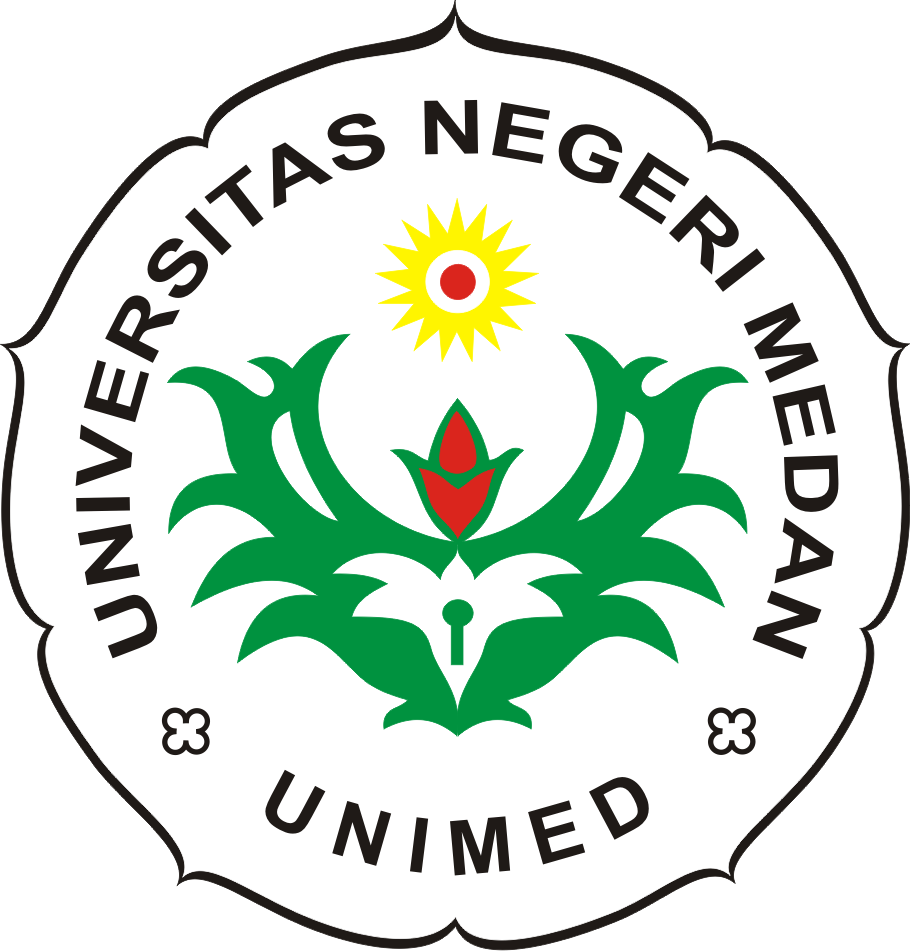GRAMMATICAL ERRORS IN THESIS ABSTRACT OF INDUSTRIAL ENGINEERING DEPARTMENT STUDENTS OF UNIVERSITAS SUMATERA UTARA
DOI:
https://doi.org/10.24114/reg.v10i1.24679Abstract
GRAMMATICAL ERRORS IN THESIS ABSTRACT OF INDUSTRIAL ENGINEERINGDEPARTMENT STUDENTS OF UNIVERSITAS SUMATERA UTARAAnggi Ridho Habibi1, Zuindra2Universitas Harapan MedanJl. HM. Joni No.70 C, Teladan Bar., Kec. Medan Kota, Kota Medan, Sumatera Utara, 20216, IndonesiaEmail: anggiridhohabibi@gmail.com, zuindraidris@gmail.comAbstractThis research focused on the grammatical errors found in the undergraduate thesis abstracts ofIndustrial Engineering Department Students of Universitas Sumatera Utara. There are three problemsand objectives formulated in this study that focused on finding out the types, process of analyzing, andthe most dominant type of grammatical error occurred in the thesis abstract. This research is adescriptive qualitative study that examined the thesis abstracts using the steps of error analysisproposed by Ellis and Barkhuizen (2005). The grammatical errors are classified into the 4 types ofgrammatical errors proposed by Dulay, Burt, and Krashen (1982), which are addition, omission,misformation, and misordering. The results showed that there were 143 errors found from the 24 thesisabstracts that being sampled. Omission is the most dominant type of grammatical error with 67 errors(47%), followed by misformation with 35 errors (25%), addition with 29 errors (20%), and misorderingwith 12 errors (8%).Keywords: grammar, types, error, error analysis, abstractDownloads
Published
Issue
Section
License
Authors who publish with this journal agree with the following terms:
- Authors retain copyright and grant the journal right of first publication with the work simultaneously licensed under a Creative Commons Attribution License that allows others to share the work with an acknowledgment of the work's authorship and initial publication in this journal.
- Authors are able to enter into separate, additional contractual arrangements for the non-exclusive distribution of the journal's published version of the work (e.g., post it to an institutional repository or publish it in a book), with an acknowledgement of its initial publication in this journal.
- Authors are permitted and encouraged to post their work online (e.g., in institutional repositories or on their website) prior to and during the submission process, as it can lead to productive exchanges, as well as earlier and greater citation of published work (See The Effect of Open Access).
- This work is licensed under a Creative Commons Attribution-ShareAlike 4.0 International License.






